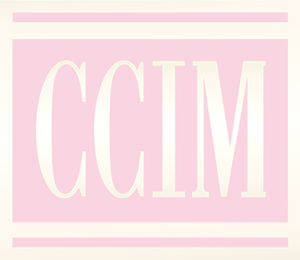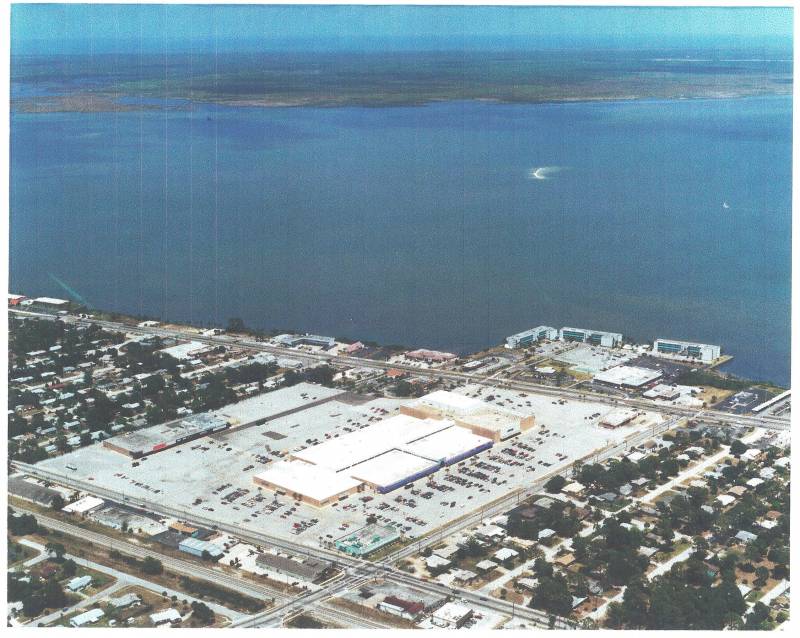Miracle City Mall
2500 S. Washington Avenue, Titusville, Florida 32780
| Building Size | 310,000 Square Feet |
| Land Size | 30 Acres |
| Zoning | Commercial |
| Electric | Florida Power and Light |
| Year Built | 1969 |
| Construction | Concrete Block |
| Roof | Flat-Built Up Membrane |
| Sewer | City of Titusville |
| Parking | 345 |
| Water | City of Titusville |

Opened in 1969, Miracle City Mall was designed to accommodate nearly 50 tenants and featured two major retail “anchor” stores—JCPenney and Belk. Until the early 1990s it was popular as a retail destination and featured numerous retail uses and entertainment attractions, including a small movie theater in the north side outparcel. Miracle City Mall has been engaged in competition with Searstown Mall, built within the same year as Miracle City Mall a few blocks to the south. Searstown Mall’s construction of a movie theater in the 1990s drew shopping patrons away from Miracle City Mall, but it was with the opening of a Wal-Mart Supercenter at SR 50 and SR 405 in 1995, along with regional growth of state-of-the-art shopping centers in Orlando, that Miracle City Mall began facing a compounding level of retail competition. In 2004, Belk closed its outlet and gradually other tenants have moved to Searstown Mall. Despite its central and accessible location, Miracle City Mall is facing the economic decline experienced by numerous other shopping centers across North America. The increase in the growth of “dead malls” or “greyfields” is attributed to several factors such as demographic shifts, changes in consumer behavior, increased competition from suburban malls, and demand for new shopping experiences. The presence of abandoned and deteriorating mall sites has a significant impact on the economic health and physical conditions in a community, including poor investment image, lower property values for surrounding areas, deterioration in physical environment, loss of tax revenues and jobs, and excess impervious surface coverage that leads to environmental degradation. Several cities in the nation and the State of Florida have successfully implemented redevelopment initiatives to revert abandoned and underutilized mall sites into vibrant activity centers. Winter Park Village in Winter Park, Florida; Mizner Park in Boca Raton, Florida; and Eastgate Town Center in Chattanooga, Tennessee, are examples of redevelopment projects that have successfully transformed “dead malls” into mixed-use town centers. While not all mall redevelopment initiatives have been successful, the U.S. 1 Corridor Master Plan, adopted by the Titusville City Council, provides community endorsement and the impetus to revitalize an aging commercial corridor using the redevelopment of the Miracle City Mall site as a catalyst for desired future development. The project has several attributes in its favor that will be pivotal in successfully implementing the redevelopment effort:
· 31.4 acres of land under single ownership
· Public-private commitment that streamlines development procedures
· The ongoing U.S. 1 Waterfront Recreation Master Plan that supports redevelopment of public waterfront properties
· A willingness on the developer’s behalf to create mixed-use development compatible with the community’s vision
· Community support for mixed-use redevelopment of the Mall site and the City’s plans to develop a waterfront park to complement the site
· Brownfields Eligible
The information contained herein is from sources deemed reliable, but is subject to errors, omissions, and withdrawal without notice.

